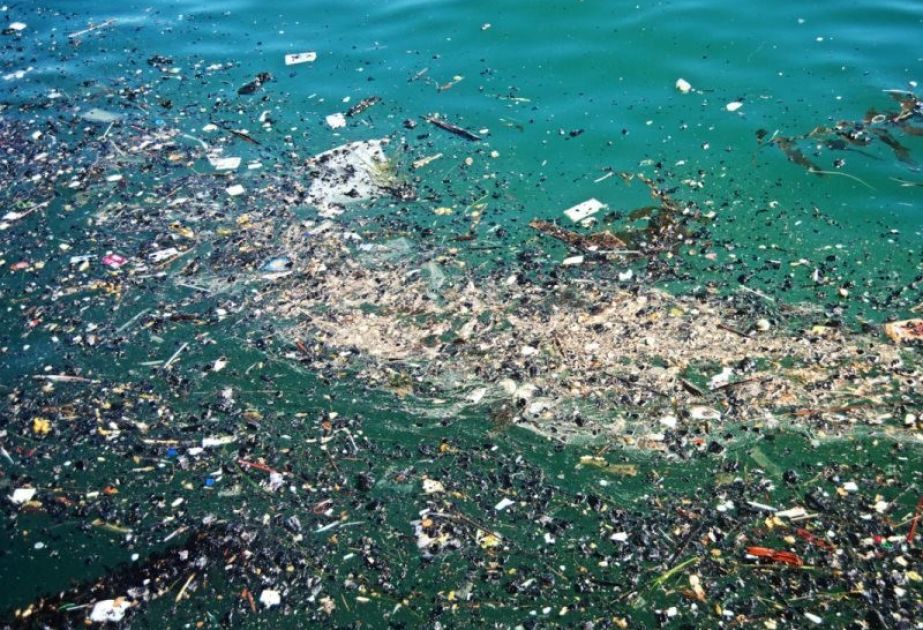Rapid growth of "Big Garbage Patch" records in Pacific Ocean

By Alimat Aliyeva
Long-term observations conducted by The Ocean Cleanup organization have shown that the mass of plastic fragments in the Great Pacific Garbage Patch increased from 2.9 kg per square kilometer in 2015 to 14.2 kg per square kilometer in 2022. The number of fine plastic particles rose from 1 million to 10 million per square kilometer over the same period. The increase in microplastics (particles 0.5–5 mm in size), as well as medium and large plastic fragments, is particularly noticeable — their numbers increased by 7 and 2.25 times, respectively, Azernews reports.
Dutch environmentalists have reported a sharp rise in the number of plastic fragments in the area of the Great Pacific Garbage Patch. Over the past seven years, the volume of plastic in this region has increased almost fivefold. A study published in the scientific journal Environmental Research Letters shows that about 74-96 percent of the new garbage comes from other parts of the world's oceans, transported by ocean currents.
According to scientists, around 300 million tons of plastic enter the world’s oceans every year, most of which does not decompose and can persist for decades. Over time, this waste accumulates into massive patches like the Great Pacific Garbage Patch, located between the 35th and 42nd parallels of north latitude.
Most of the new garbage in the patch does not originate from within the patch itself but is brought in from other regions. This highlights the global nature of the problem and underscores the need for international efforts to combat pollution.
"The exponential growth of plastic fragments in this region is the result of decades of improper waste disposal. The accumulation of plastic causes severe damage to marine ecosystems, threatening the life of both flora and fauna. It is only now that we are starting to realize the scale of this environmental disaster," said Laurent Lebreton, a researcher with The Ocean Cleanup.
Scientists emphasize that the fight against plastic pollution requires comprehensive, global solutions, including reducing plastic production, improving recycling methods, and developing technologies to clean the oceans.
Here we are to serve you with news right now. It does not cost much, but worth your attention.
Choose to support open, independent, quality journalism and subscribe on a monthly basis.
By subscribing to our online newspaper, you can have full digital access to all news, analysis, and much more.
You can also follow AzerNEWS on Twitter @AzerNewsAz or Facebook @AzerNewsNewspaper
Thank you!
